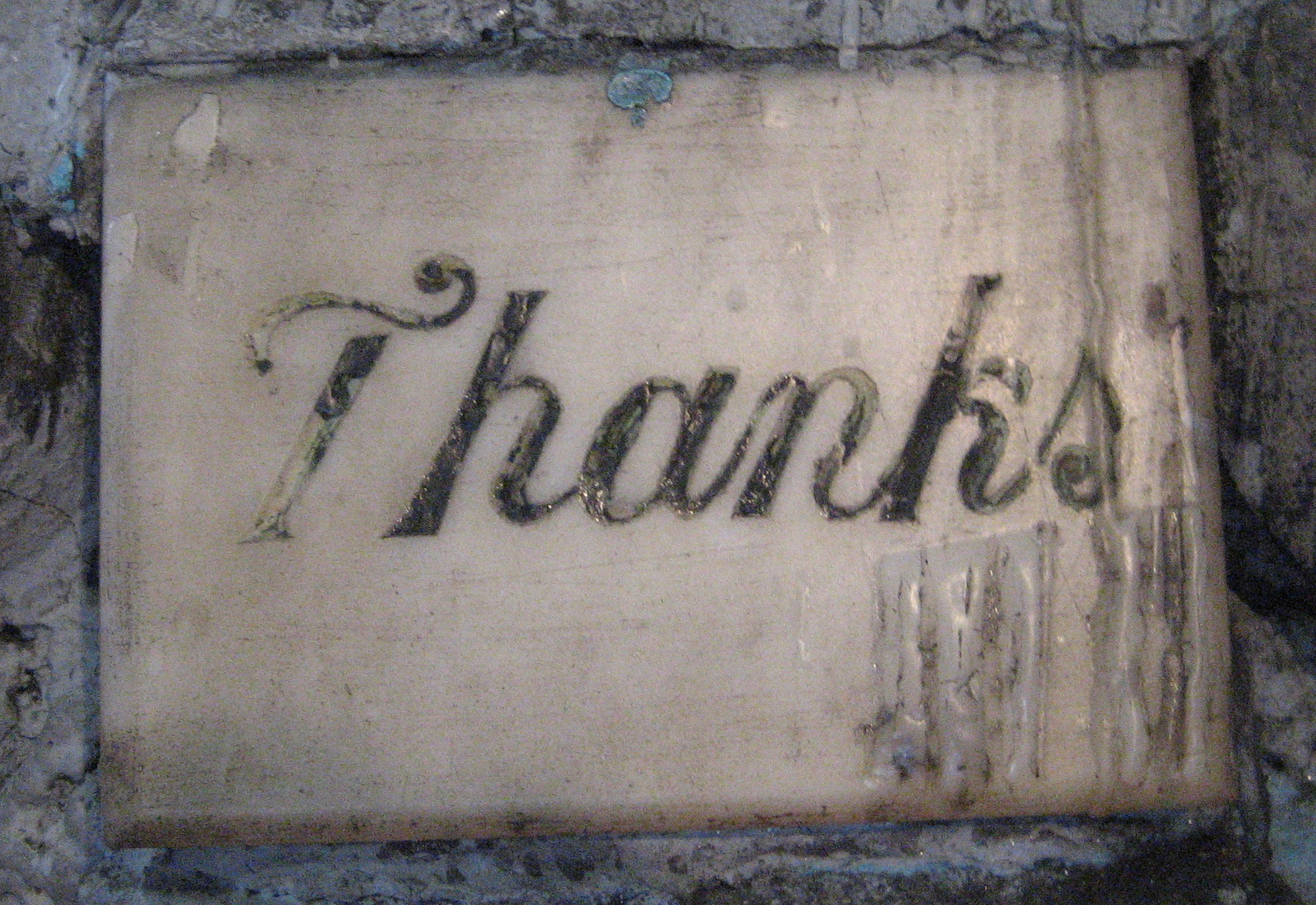I don't know where you are today, or where [if anywhere] you went to church--either last night or this morning--but I can guarantee that you did not hear a better sermon than I did in chapel this morning. Lauren Muratore was preaching, and she went there: that's right, instead of preaching a typical feel-good Thanksgiving sermon [which I totally would have done], she talked about race and the racist society in which we live, and in which most of us here at Gettysburg Seminary continue to benefit from in ways we can't even see, and don't even notice.
She admitted it had been a difficult week to prepare a Thanksgiving sermon, as racism and injustice weighed so heavily on her mind. And so here is the first thing she owned up to being grateful for, even though she admitted to being somewhat ashamed of it:
"The fact that I happen to have been born with fair skin,
which means that most of the people I meet assume I'm
a good person. Because I'm a white person. I'm grateful
for my skin, which allows me to move through the world
with a kind of blindness and grace and ease that I know not
everyone gets to experience. That some people never experience.
And the absence of that easy way of being in the world--I'll never
know what that's like."
I know what she means. She went on to list things she is grateful for--"pretty basic treasures"--that many of us take for granted: being generally safe and free from worry that anyone is out to get us; trusting that the police exist for our protection; and faith that the justice system will serve us well, should be every have need of it. And then she admitted how all this gratitude made her uncomfortable; and how can you not feel that way, when you know how many, many people around the world can't claim those basic rights?
What I really loved about the sermon, though, was not only that she explicitly talked about race--something few white pastors ever have the courage to do--but how she interpreted the Gospel text of the 10 lepers. You know the story: all 10 are healed, but it's only the outsider, the Samaritan, who comes back to Jesus and says thank you. In Lauren's interpretation, she suggested that this might have been because it is uncomfortable to go back--back to the place where you were scarred, shunned, vulnerable and in need of healing. How much better to sally forth clear-eyed and clear-skinned away from the dark past, away from where the pain lives.
However, and this is the point, of course: that place of pain is also where Jesus dwells, where Jesus continues to promise us healing, where Jesus continues to call us to come and dwell, that we too might not only be healed, but through his grace participate in his healing work. This is the place gratitude takes us, Lauren said, the place where we are called to "turn around and live into our divine thank yous....living radically grateful lives, meeting Jesus in the cruciform places." And how can we do this, we who are sinful and broken? "Because of the Spirit that empowers us daily to turn around and go back to the places and people and parts of ourselves who need to hear the good news that healing is still possible."
"It's been a tough week," she said; and around the holidays that's true not only for those in Ferguson, but also for many people who are lost, lonely, and suffering in ways we will never know, and can never see. And, yet, this promise of healing, this gift of grace and gratitude--that includes with it the compelling invitation to participate in that healing work--continues to be "gospel truth." Today and every day.
I can't imagine a better way to celebrate Thanksgiving.

